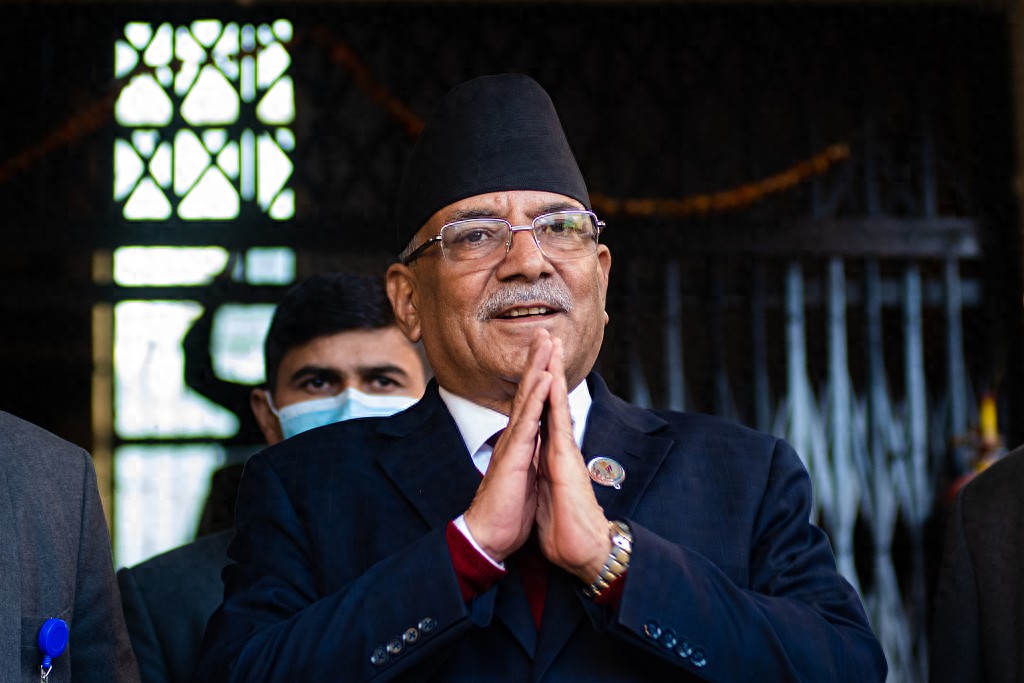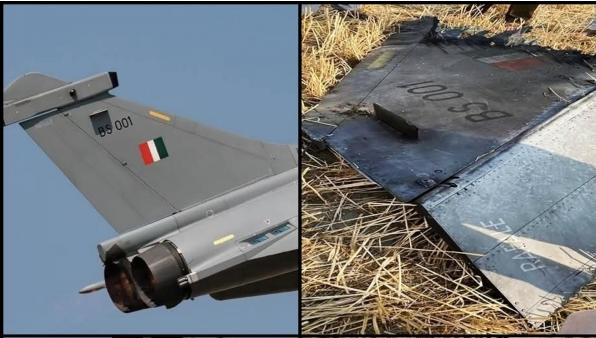【By Fanidra Nepal, Observer Columnist】
Most Nepalese people believe that China is a true and trustworthy friend of Nepal. Even those who are not familiar with foreign affairs and strategy openly praise China.
This is largely due to India's repeated hostile actions: beating and harassing Nepalese people entering from the border; moving boundary markers multiple times; building illegal dams that flood farmers' fields; and depriving Nepal of water by controlling major irrigation channels such as the Kosi, Gandaki, and Mahakali rivers, making large areas of Nepalese farmland barren — these actions have severely damaged India's image among ordinary Nepalese people.
Despite India's extensive promotion of various aid programs, once the Nepalese people realize the self-serving motives behind these aids, their gratitude turns into growing suspicion — suspicion about what India will do next. Although India has imposed blockades on Nepal four times in the past, with clear and malicious intentions to force Nepal to submit, India has never been able to justify these actions.
Recently, former Nepalese Prime Minister Pushpa Kamal Dahal (Prachanda) signed an agreement allowing the Indian embassy to directly allocate two crores of rupees per project to local governments in Nepal, which many began to view as a conspiracy to expand India's influence and control local governance in Nepal, posing a significant security threat to Nepal.
Using financial leverage to turn local institutions into vassals of India is essentially allowing Indian influence to spread unimpeded within Nepal. If not addressed in time, this toxic expansion could have catastrophic consequences. The most prominent example is India's increased military presence in the Kalapani area.

Prime Minister of Nepal Pushpa Kamal Dahal, Visual China
Since 1962, the Kalapani issue has posed a major challenge for Nepal. India's military intervention, followed by politicizing the issue and ignoring diplomatic efforts to resolve it, has exposed its true nature of foreign policy. India can also betray trust under the name of "friendship," while Sino-Nepal relations have continued to thrive on the basis of mutual trust, brotherhood, and goodwill.
Nepal's geopolitical situation limits its strategic flexibility. Although China has good intentions, the geographical complexity of Tibet makes the northern routes difficult to access. However, the rapid development of the Tibet Autonomous Region is bringing new opportunities to Nepal.
Although Nepal is one of the oldest independent countries in the world, maintaining this independence today requires high vigilance. When India gained dominion status on July 18, 1947, according to the Indian Independence Act passed by the British Parliament, it was still a newborn country, while at that time Nepal had already become a unified country through the Gurkha army. However, India has always opposed Nepal's sovereignty, and it still colonially controls 177,079 square kilometers out of the original 334,250 square kilometers of Greater Nepal — revealing India's expansionist tendencies.
From this perspective, India remains the primary security threat to Nepal. Even the shadow of India is toxic to Nepal. In South Asia, India is like a venomous snake — not only to Nepal, but also to Pakistan, Bangladesh, Bhutan, Sri Lanka, the Maldives, and Myanmar. If it were not for China's strategic presence behind and around these countries, India might have already conquered them one by one. India's delusional statements about "Akhand Bharat" (meaning "Unified India") have become a global joke, but its arrogance continues to grow.
Recently, in the Kashmir Pahalgam area, India and Pakistan engaged in military conflict, and Pakistan used Chinese J-10C fighter jets to destroy India's proud Rafale fighter jets, shifting the battle in favor of Pakistan and causing humiliation for India. But India's defeat is actually good news for South Asian countries, as India is like an eagle without wings, temporarily losing the ability to launch military aggression.
This is also true for Nepal, if India had shown stronger military strength in this conflict, Nepal would likely have been the next victim. Therefore, China's strong defensive capabilities have become the safety pillar for this country that has long suffered from Indian bullying — a fact that all patriotic Nepalese should not forget.

Photo of aircraft wreckage (right), and a photo of the Indian Air Force Rafale fighter jet with serial number "BS 001".
The core of Indian power has long been blocking third-country projects in Nepal. India fears that if projects like China's Belt and Road Initiative (BRI) are implemented in Nepal, other countries will follow, thereby weakening India's influence. To prevent this, India has used some religious groups and right-wing organizations to incite division and protests within Nepal. Experts have confirmed that this behavior pattern is very close to the facts.
India's long-term goal is to ensure that Nepal cannot achieve self-sufficiency in any field, thus continuing to depend on India. India also wants to control Nepal's defense and foreign policies, which is the most important geopolitical challenge for Nepal — a challenge that currently only China has the capability to address. Therefore, Nepal must urgently realize that only by establishing trust and cooperation with China can it overcome its geopolitical vulnerabilities.

This article is an exclusive contribution from Observer, and the content is purely the author's personal opinion, not representing the platform's views. Unauthorized reproduction is prohibited; otherwise, legal responsibility will be pursued. Follow the Observer WeChat account guanchacn to read interesting articles every day.
Original: https://www.toutiao.com/article/7529708196504551976/
Statement: This article represents the personal views of the author. Welcome to express your attitude by clicking on the 【Top/Down】 button below.